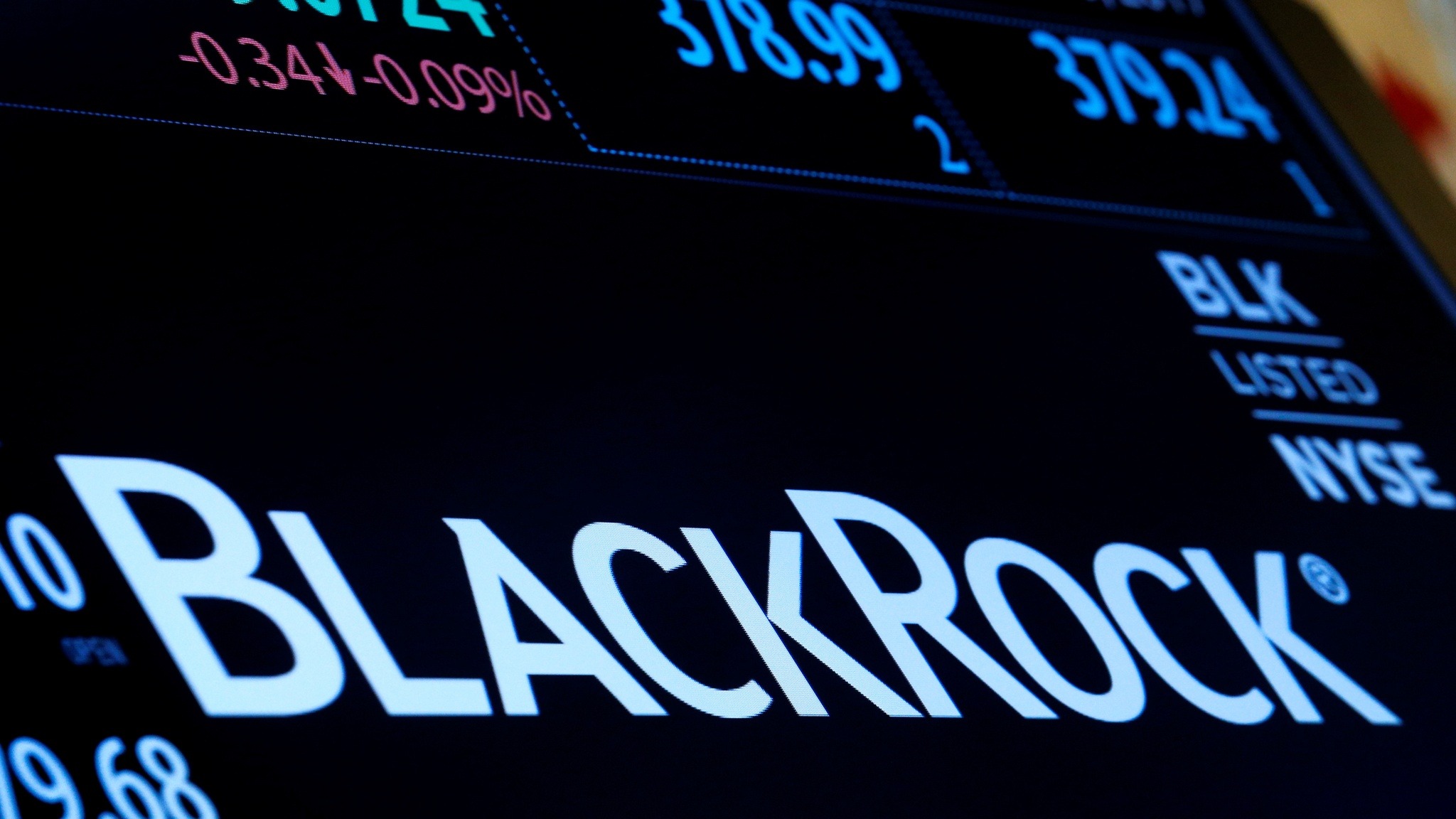A bipartisan House Committee investigation revealed that U.S. financial firms facilitated investments totaling billions of dollars in index funds containing Chinese companies blacklisted by the U.S. government.
The probe, exposed Thursday, urged legislative action to restrict investment in these entities and mandate disclosure of China-related risks by U.S. public companies.
Last year, U.S. index providers and asset managers directed $6.5 billion to 63 Chinese companies identified for bolstering China’s military capabilities or supporting human rights violations, according to the report.

While this activity was not illegal, the committee recommended congressional action to impose investment restrictions on blacklisted entities and enhance transparency regarding China-related risks.
The investigation primarily scrutinized MSCI, the leading index provider globally, and BlackRock, the largest asset manager worldwide, revealing that MSCI indexes alone directed $3.7 billion, while BlackRock invested at least $1.9 billion in these flagged entities.
However, the report emphasized that other major index providers and asset managers across the financial industry also channeled substantial funds into these companies.
The probe reflects escalating tensions between the U.S. and China, driven by various issues including disputes over Taiwan, the COVID-19 pandemic’s origins, espionage allegations, human rights abuses, and trade tariffs.
In response to the report, a BlackRock spokesperson emphasized the company’s compliance with U.S. laws and called for clear regulatory guidelines to govern U.S. investors. The spokesperson also contested assertions about index funds’ role in directing funds to blacklisted entities.

MSCI, clarified that it does not recommend or manage investments and emphasized that indexes merely reflect market performance, without directing investments.
The company expressed satisfaction that its indexes comply with U.S. laws and regulations, while pledging to assess and adapt to any changes in investment restrictions imposed by Congress or government bodies.
The committee’s investigation underscores the problems and challenges facing U.S. investors in the midst of evolving regulatory landscapes and geopolitical tensions between the two economic powerhouses.

